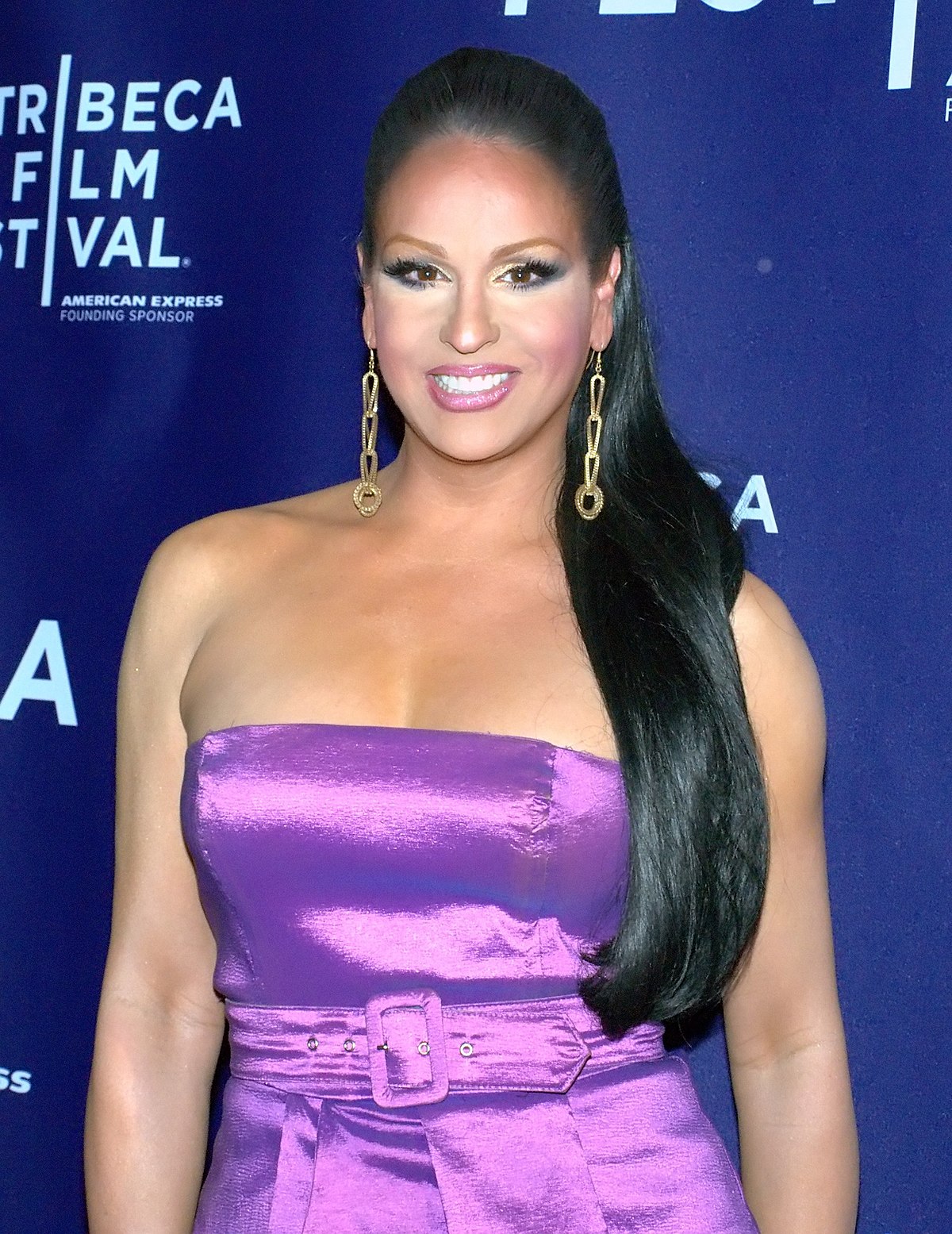Queer Beginnings in Hispanic San Antonio
The Texas Story Project.

"What advice do you have for the young gay community that would like to follow in your footsteps and enter the world of performing?", asked David Fernandez, an active column writer for LGBT magazine Ambiente.
Erica Andrews then answered, "Always be true to yourself. It you are afraid to reveal yourself, just remember that all you have to do is conquer your fear, and then the sky is the limit."
This is exactly what Erica Andrews, a Mexican-American drag queen from Allende, Mexico, had to learn to do while growing up in conservative San Antonio, Texas. From an early age, Andrews knew that she was not quite like all the other boys at school. While some of the other kids might have been playing basketball outside, Andrews found herself in her mother’s bathroom already in full drag – and at the tender age of six as well. This kind of exploration wasn’t encouraged by most. She recalls her mother correcting this behavior with a belt and being chastised by her classmates at school.
Her status as a black sheep followed Andrews all the way into high school. Andrews recalls a time when she was attacked while walking home from a volleyball game. "Two guys came and started calling me names. They threw me on the floor, kicked dirt on me, and even punched me a couple of times. It was a very hard time for me," remembered Andrews. The only person she found real refuge in during these years, and throughout the duration of her life was her sister.
It wasn’t until later in Andrew’s life that she came out as a transgender woman. She began to take hormone therapy at eighteen years of age but never did have surgery on her face or body. She began competing in pageants around San Antonio, performing her first at a club called Las Gueras to the song Break Away. As she began to win more and more pageants such as "Miss Gay U.S. of A.," "Miss Continental," and "The World’s Most Beautiful Transsexual," Andrews was offered more opportunities to travel and make her name more known in the secular world. Andrews was even able to make an appearance on the Tyra Banks show. Erica Andrew’s life was cut short at the age of forty-two from a lung infection.
Erica Andrews, through all of her obstacles and adversity, learned not only how to become her own advocate but also a role model for others. Her success in many ways started the conversation about gender and sexuality and how the two of these collide. Andrews, born as a boy, later discovered that she identified as a woman – in other words, her gender did not match her sex. She was one of the few drag queens who identified as transgender but was able to influence the lives and careers of many other cisgender queens such as Alyssa Edwards, Willam Belli, and Roxxy Andrews who was actually her drag daughter. Erica Andrews met Roxxy when she was performing at a pageant in Florida where Roxxy was from and was able to teach her what she had learned. Erica paved the way for these queens to have their own success. Roxxy Andrews’ home club was actually the Pulse nightclub in Orlando, Florida where the forty-nine victims were shot in June of 2016. Roxxy would go on to perform on RuPaul’s Drag Race season five and finish in the top three which catapulted her to fame and a later appearance on RuPaul’s Drag Race All Stars season two. Without Erica’s example, it is likely that none of these queens would have had these opportunities.
LGBT issues can find themselves on the fringe of society and outside of the everyday conversations that secular America has – especially in conservative pockets of Southern Texas. Talk about gender identity, sexuality, and unorthodox self-expression are often seen as taboo and discussion usually never even begins with some people, let alone in a place like San Antonio, Texas in the mid 1980s. This is why Erica Andrews life and contribution was so important, even after her passing. Her perseverance, courage, and leadership all contributed to other members of the LGBT community being able to begin to live authentically and find success in places that were once underground and hidden. Erica Andrew’s legacy will continue to live on, empower, and unite people of varying cultural backgrounds.
Posted March 22, 2018
Join 15 others and favorite this
TAGGED WITH: St. Mary's University, stmarytx.edu